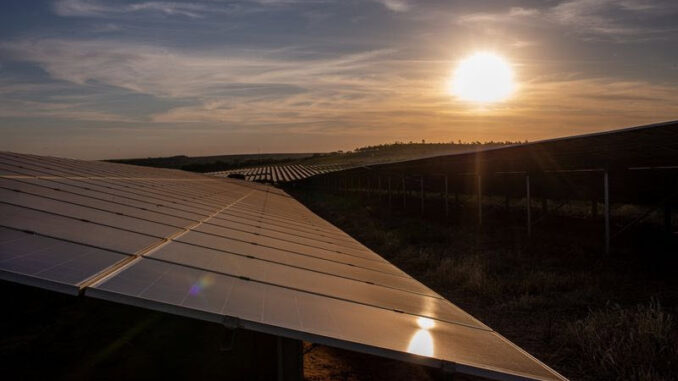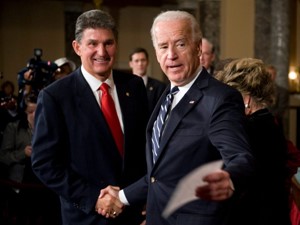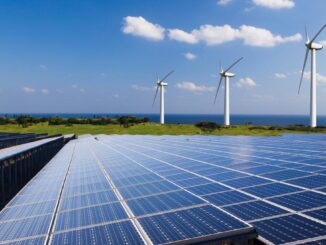
Sovereign wealth funds are upping their investments in the energy transition.
The custodians of national wealth invested $2.3 billion in 2020 in sectors important to combating climate change, including forestry, renewable energy and so-called agritech, according to a report published Tuesday by the International Forum of Sovereign Wealth Funds, a network of sovereign funds from Abu Dhabi to Singapore. That’s more than double the $1.1 billion invested in 2019, IFSWF data show.
The transition to a low-carbon future is a necessity if the worst effects of global warming are to be avoided, and investors of all stripes are facing growing pressure to play their part in channeling the trillions of dollars of investment required to enable a shift away from fossil fuels. So far, sovereign funds have mostly been laggards, with the IFSWF finding in February that only 30% of a group of 34 responding institutions had more than 10% of their portfolios invested in climate-related strategies.
IFSWF said though sovereign wealth funds “are rarely trendsetters,” technologies that help reduce carbon emissions or help economies adapt to the effects of climate change “are becoming a clear investment trend” for the funds. While $2 billion is just a fraction of the assets managed by sovereign funds, it’s a four-fold increase from 2016 when investments totaled $734 million.
“Over the next 10 years, the best investment opportunities will be in climate change and related technologies,” said Heenam Choi, chief executive of the Korea Investment Corp. “The pandemic highlighted the importance of sustainability. We will continue to expand our ESG investments.”
Sovereign investors are increasingly willing to invest in renewable energy assets because the technology has matured and they have become profitable in the short- to medium-term without requiring government subsidies, IFSWF said. In addition, global electricity demand is increasing due to the energy transition and electrification of transport, which should send more capital into the sector and further drive down costs.
Investments that reduce the environmental impact of food production are also gaining favor as part of climate change investment strategies, IFSWF said. With agriculture and food production already counting towards around a fifth of global carbon-dioxide emissions and with the world’s population predicted to grow more, investors are looking at agritech companies that are developing new forms of nutrition or food production.



